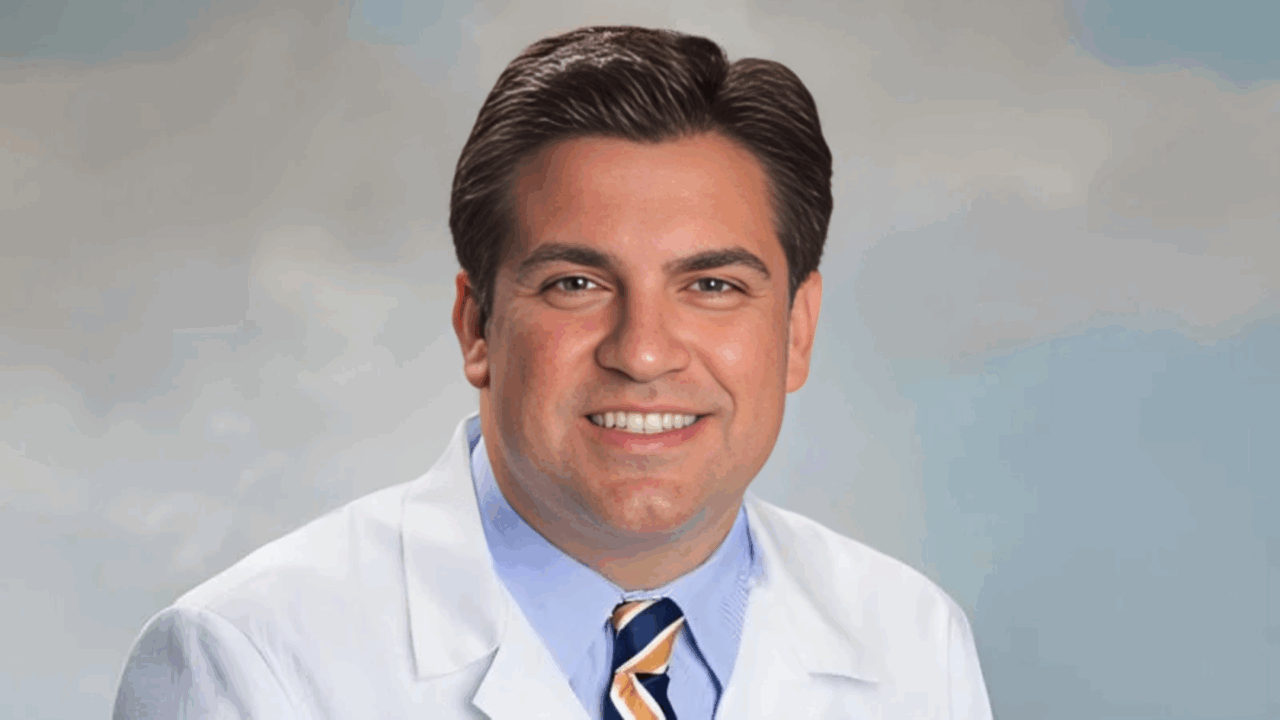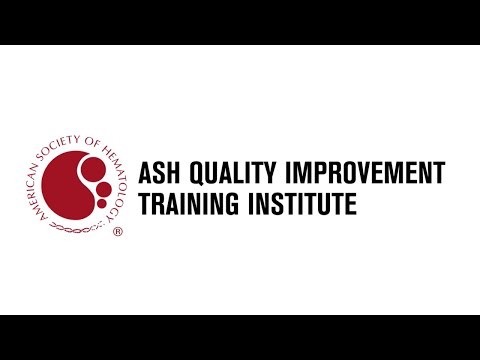
Nathan Connell: Calling All Hematology Professionals Interested in Quality Improvement!
Nathan Connell, Clinical Chief of Hematology at Brigham and Women’s Faulkner Hospital, shared on LinkedIn:
”Calling All Hematology Professionals Interested in Quality Improvement!
The application window is OPEN for the American Society of Hematology (ASH) Quality Improvement Training Institute (QITI)—a phenomenal, 16-month hybrid program designed to build clinician leadership and drive systems-based change in hematologic care.
This is a must for anyone looking to advance their career in systems-based hematology and become a leader in quality improvement.
Why QITI stands out:
- Hands-on Experience: Teams work on two structured QI projects at their home institution, directly addressing clinical gaps and enhancing patient experience, outcomes, and equity.
- Expert Coaching: Each team is paired with an experienced QI coach for individualized, 16-month mentorship.
- Free to Participate: ASH covers travel, lodging, and meal expenses for up to three team members attending the mandatory in-person workshops in Washington, DC.
QITI is designed for interdisciplinary care teams in North America. If you are passionate about continuous improvement and want to formally integrate QI methodology into your practice, this is your chance!
The 2026-2027 application closes January 5, 2026.
Learn more and apply here.”

Stay updated on all opportunities with Hemostasis Today.
-
Feb 27, 2026, 18:30Sanjeev Saksena: From Isolated Case Reports to Clinical Evidence for Post-Ablation Myocardial Ischemia
-
Feb 27, 2026, 18:21Priya Prasad: Can Money Buy Blood?
-
Feb 27, 2026, 18:19Trulee Cardona: Hemophilia Care in Uzbekistan and Why It Matters
-
Feb 27, 2026, 18:19Bartosz Hudzik: Do Elevated Lipoprotein(a) Levels Predict Long-Term Cardiovascular Risk in Otherwise Healthy Women?
-
Feb 27, 2026, 18:14Mohamed Sikkander Abdul Razak: Factor XIa Inhibitors Show Promise With Lower Bleeding Risk
-
Feb 27, 2026, 18:09Hariom Rajput: Early Recognition and Prevention of Deep Vein Thrombosis
-
Feb 27, 2026, 18:08Karen Fahey: What If the Blood Products You Rely On Weren’t Safe?
-
Feb 27, 2026, 17:46Perla Bandini: Whole-Exome Sequencing Unveils Suspected Primary Hemostasis Disorders
-
Feb 27, 2026, 17:44Ekaterina Balaian: Exploring Fostamatinib Use in APS Patients with Thrombocytopenia

